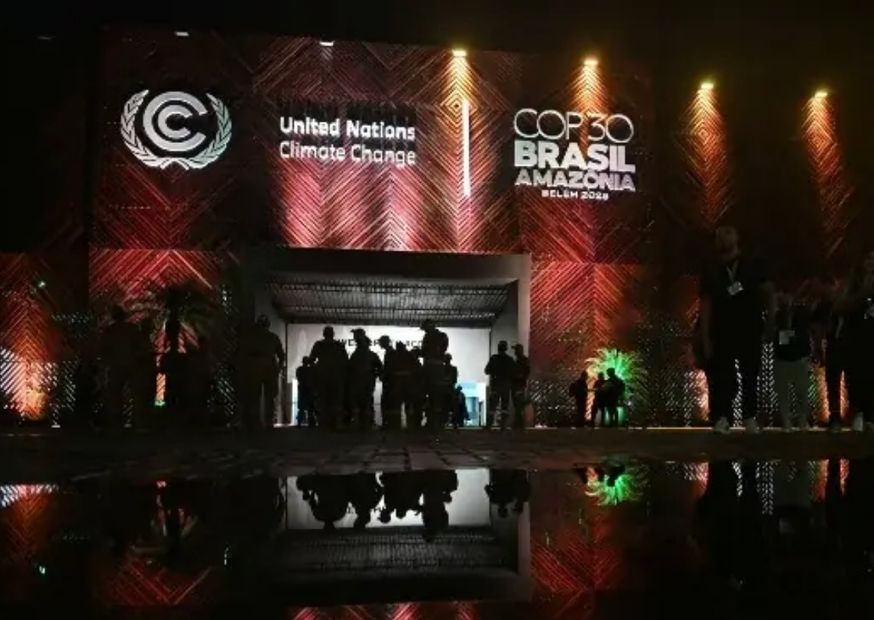BELEM / BRAZIL: As the global climate summit COP30 convenes in Belem, scientists and world leaders are facing an urgent reality: the planet is warming faster than anticipated, ecosystems are approaching critical tipping points, and immediate, decisive action is non‑negotiable. Recent data released ahead of the conference underscores a stark message — the window to prevent catastrophic climate outcomes is narrowing rapidly.
Key findings presented by climate researchers reveal that global average temperatures are rising at roughly 0.27 °C per decade, nearly 50 percent faster than observed two decades ago. Sea levels have accelerated to 4.5 mm per year, compared to the 1.85 mm annual rise recorded since 1900, signaling intensified risks for coastal populations worldwide. Scientists warn that without urgent mitigation, the planet could surpass the 1.5 °C warming threshold as early as 2030, triggering irreversible damage.
Ecosystems are under severe strain. Coral reefs face near-total bleaching from repeated marine heatwaves, while the Amazon rainforest teeters on the edge of a catastrophic transition to savannah. Melting ice sheets and disruptions in ocean currents compound the threat, highlighting a cascade of environmental crises already underway. In parallel, extreme weather events are becoming more frequent and deadly — recent analyses report over 62,700 heat-related deaths across 32 European countries, and 3.7 million square kilometres burned by wildfires in just one year, an area roughly the size of India and Norway combined.
The summit in Belem brings these alarming realities to the forefront, emphasizing that climate policy cannot lag behind scientific evidence. Pakistan, already grappling with devastating floods, glacier melt, and extreme heatwaves, underscores the need for stronger adaptation strategies, international funding, and global accountability mechanisms. Experts insist that the success of COP30 will hinge not on rhetoric but on measurable, enforceable commitments that reflect the urgency presented by current climate science.
As delegates debate policy frameworks and funding allocations, the COP30 agenda is a stark reminder: the climate clock is ticking, and the world must match words with immediate, concrete action to avert irreversible consequences. The outcomes here will shape the trajectory of environmental resilience and survival for decades to come.
This story has been reported by PakTribune. All rights reserved.



